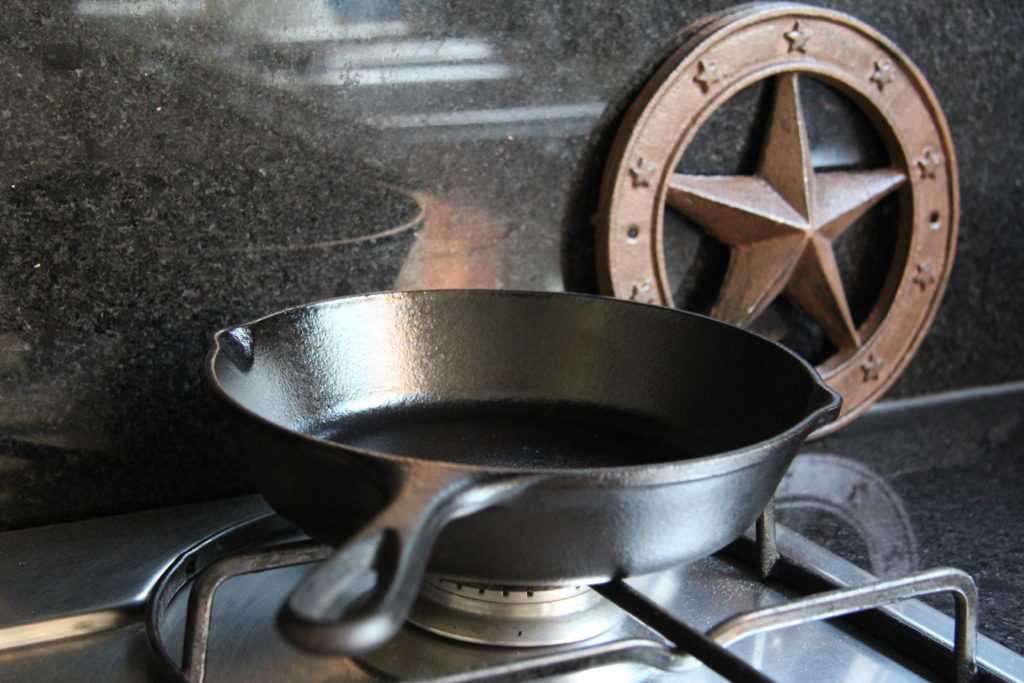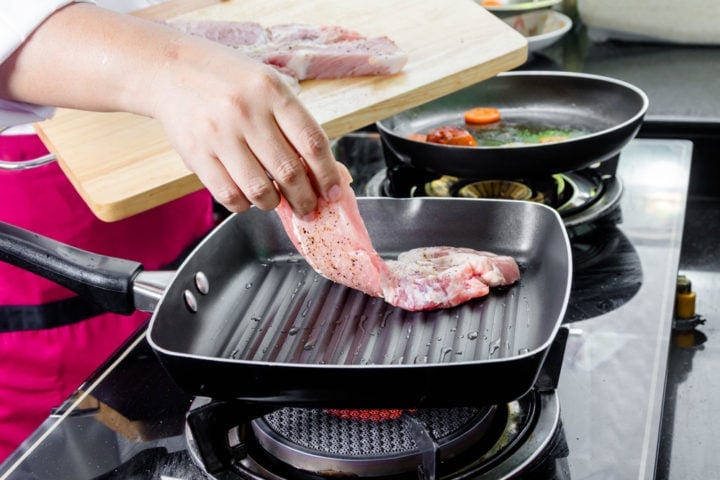For cooking enthusiasts and kitchen professionals alike, the question of what oil to cook steak in holds significant importance. While it may seem trivial to some, the choice of oil has profound implications on the flavor, texture, and overall culinary experience. In this comprehensive guide, we will delve into essential factors to consider when selecting the ideal oil for cooking steak.

The Importance of Choosing the Right Oil
Understanding the role of oil in cooking steak is fundamental. The right oil not only prevents the meat from sticking to the pan but also helps achieve that coveted golden-brown crust. Additionally, the oil imparts its own unique flavor to the steak, contributing significantly to the dish's overall taste.

Smoke Points and Their Significance
One key factor when choosing oil for cooking steak is the oil's smoke point. This is the temperature at which the oil begins to smoke and break down, producing harmful compounds and unpleasant flavors. High smoke point oils are generally preferred for cooking steak at high temperatures. Examples of such oils include:
Canola Oil
With a high smoke point of approximately 400F (204C), canola oil is a popular choice for searing steaks. It has a neutral flavor, ensuring that the steak's natural taste remains unadulterated.
Vegetable Oil
Another excellent option is vegetable oil, with a smoke point ranging from 400F to 450F (204C to 232C). Its versatility and accessibility make it a common staple in many kitchens.
Avocado Oil
Avocado oil stands out with an impressive smoke point of about 520F (271C). It is rich in monounsaturated fats, imparting a slight buttery flavor to the steak while providing numerous health benefits.

Flavor Considerations
While smoke points are crucial, flavor is equally important in the steak-cooking process. Depending on your preferences, you may opt for oils that either complement or enhance the steak's flavor profile:
Olive Oil
Although olive oil has a lower smoke point (about 375F or 191C), its distinct, robust flavor is cherished by many. It is best suited for marinating steaks or as a finishing oil rather than for high-heat cooking.
Grapeseed Oil
Grapeseed oil offers a high smoke point of 420F (216C) and a neutral flavor, making it an excellent choice for those who prefer not to alter the steak's natural taste significantly.
Peanut Oil
With a smoke point of around 450F (232C), peanut oil provides a subtle nutty flavor that can add a unique twist to your steak.

Melding Science and Culinary Art
The decision of what oil to cook steak in ultimately melds science with culinary art. It requires a balance between technical considerations like smoke point and personal preferences regarding flavor. Here are some additional insights to guide your choice:
Fat Content
Consider the fat content of the steak. A well-marbled steak already contains intramuscular fat, so a neutral-flavored oil might be the better choice to avoid overpowering the meat.
Cooking Technique
Your preferred cooking technique should also influence your oil choice. For example, if you favor pan-searing, high smoke point oils are ideal. Conversely, for sous-vide followed by a quick sear, flavor-rich oils like butter or olive oil can be excellent.
FAQs
Is it okay to use butter for cooking steak?
While butter has a relatively low smoke point, it can be used in combination with high smoke point oils for basting purposes. Doing so imparts a rich and buttery flavor to the steak while preventing the butter from burning.
Can I cook steak without oil?
Technically, you can cook steak without oil, especially if youre using a non-stick pan. However, using a small amount of high smoke point oil enhances the crust and flavor of the steak.
What's the best oil for marinating steak?
For marinating steak, oils with distinct flavors like olive oil or sesame oil are excellent choices. They not only contribute flavor but also help in tenderizing the meat.
For more expert advice on cooking steak and selecting the perfect oil, you can visit Serious Eats.
To discover additional kitchen tips, check out our articles on the best cookware and baking tips.
Additionally, for keeping your kitchen clean, read this guide on cleaning tile floors.
As an Amazon Associate, I earn from qualifying purchases.






Leave a comment
This site is protected by hCaptcha and the hCaptcha Privacy Policy and Terms of Service apply.